Old Blind Dogs - Wherever Yet May Be (2010)

Artist: Old Blind Dogs
Title: Wherever Yet May Be
Year Of Release: 2010
Label: Compass Records
Genre: Folk
Quality: FLAC (tracks+.cue, log)
Total Time: 55:19
Total Size: 323 MB
WebSite: Album Preview
Tracklist: Title: Wherever Yet May Be
Year Of Release: 2010
Label: Compass Records
Genre: Folk
Quality: FLAC (tracks+.cue, log)
Total Time: 55:19
Total Size: 323 MB
WebSite: Album Preview
01. St. Kilda (3:28)
02. Lough Erne's Shore (2:58)
03. Psychopomps (4:15)
04. Scotland Yet (3:27)
05. Portobello (6:07)
06. Copper Kettle (4:16)
07. Sir Steve Huska Of Bryce Canyon (4:53)
08. Broken Ring (4:04)
09. Room With A View (5:36)
10. Banks Of The Nile (4:04)
11. Where Are You? (5:54)
12. Desperate Fishwives (6:19)
Wherever Yet May Be is the tenth album by this 18-year-old Scottish band, and if they haven't traveled very far from their origins, stylistically speaking, it may be simply because the musical territory they've staked out from the beginning has been so rich with possibilities. The lineup has changed numerous times over the years, and only fiddler/guitarist Jonny Hardie remains from the original version of the group. But what has not changed is Old Blind Dogs' simultaneous dedication to celebrating and stretching Scotland's musical traditions. This album is their first with piper and whistle player Ali Hutton, who contributes several fine original tunes to a program that constantly blends the new with the old: venerable traditional songs like "Banks of the Nile" and "Lough Erne's Shore" (the latter sung in a gorgeous, reedy tenor voice by guitarist and bouzouki player Aaron Jones) rub elbows with tune sets like the whistle-centric "Portobello" (itself a mix of traditional tunes and more recent compositions) and the hair-raisingly lovely "St. Kilda." Exotic percussion is a hallmark of the Old Blind Dogs sound, and on this album its success is more mixed than it has been on previous outings: it thumps insistently enough to suggest a Detroit house groove on "Lough Erne's Shore," but is so thuddingly insistent on the "Psychopomps" set that it ends up detracting from the tunes. And on what would otherwise have been a very nice arrangement of "Banks of the Nile," it feels clattery and disorganized and prevents the song from ever settling decisively into a groove. Old Blind Dogs deserve high praise for continuing to push this particular envelope, even if (maybe especially if) their experiments are inconsistently successful.
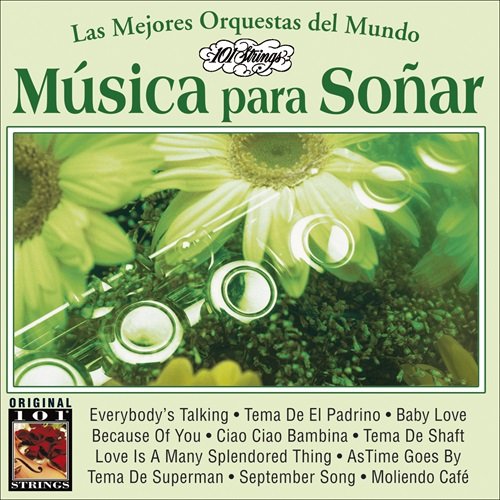
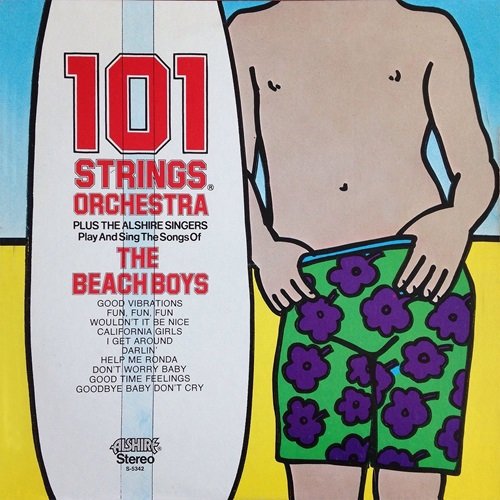

![Booker Stardrum - Close-up On The Outside (2026) [Hi-Res] Booker Stardrum - Close-up On The Outside (2026) [Hi-Res]](https://img.israbox.com/img/2026-02/26/hpg09p4i0w4yrzyjek6j087fv.jpg)
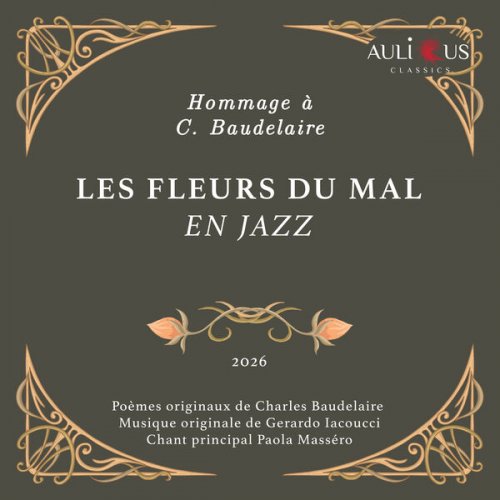
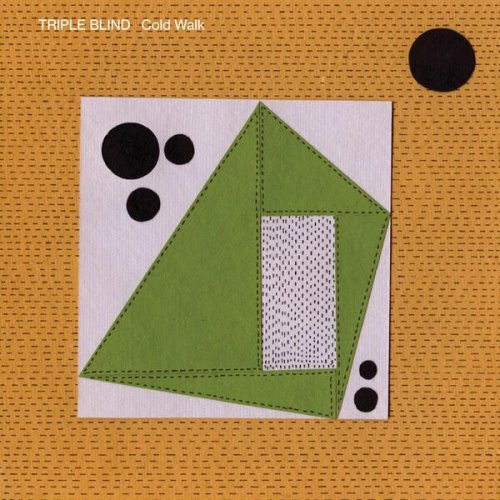
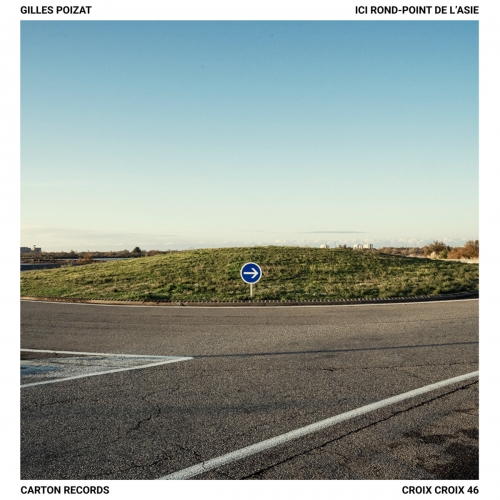
![Toshi Tsuchitori, Ryuichi Sakamoto - Disappointment–Hateruma (2026) [Hi-Res] Toshi Tsuchitori, Ryuichi Sakamoto - Disappointment–Hateruma (2026) [Hi-Res]](https://img.israbox.com/img/2026-02/27/0xnicsyi5sdb8v2xp0fiz1kew.jpg)
![Nathalie Darche, Alban Darche, Geoffroy Tamisier, Chloé Cailleton - Dandy Dandie - Helios y Selene (2026) [Hi-Res] Nathalie Darche, Alban Darche, Geoffroy Tamisier, Chloé Cailleton - Dandy Dandie - Helios y Selene (2026) [Hi-Res]](https://www.dibpic.com/uploads/posts/2026-02/1772112437_snbggfr6gccwr_600.jpg)